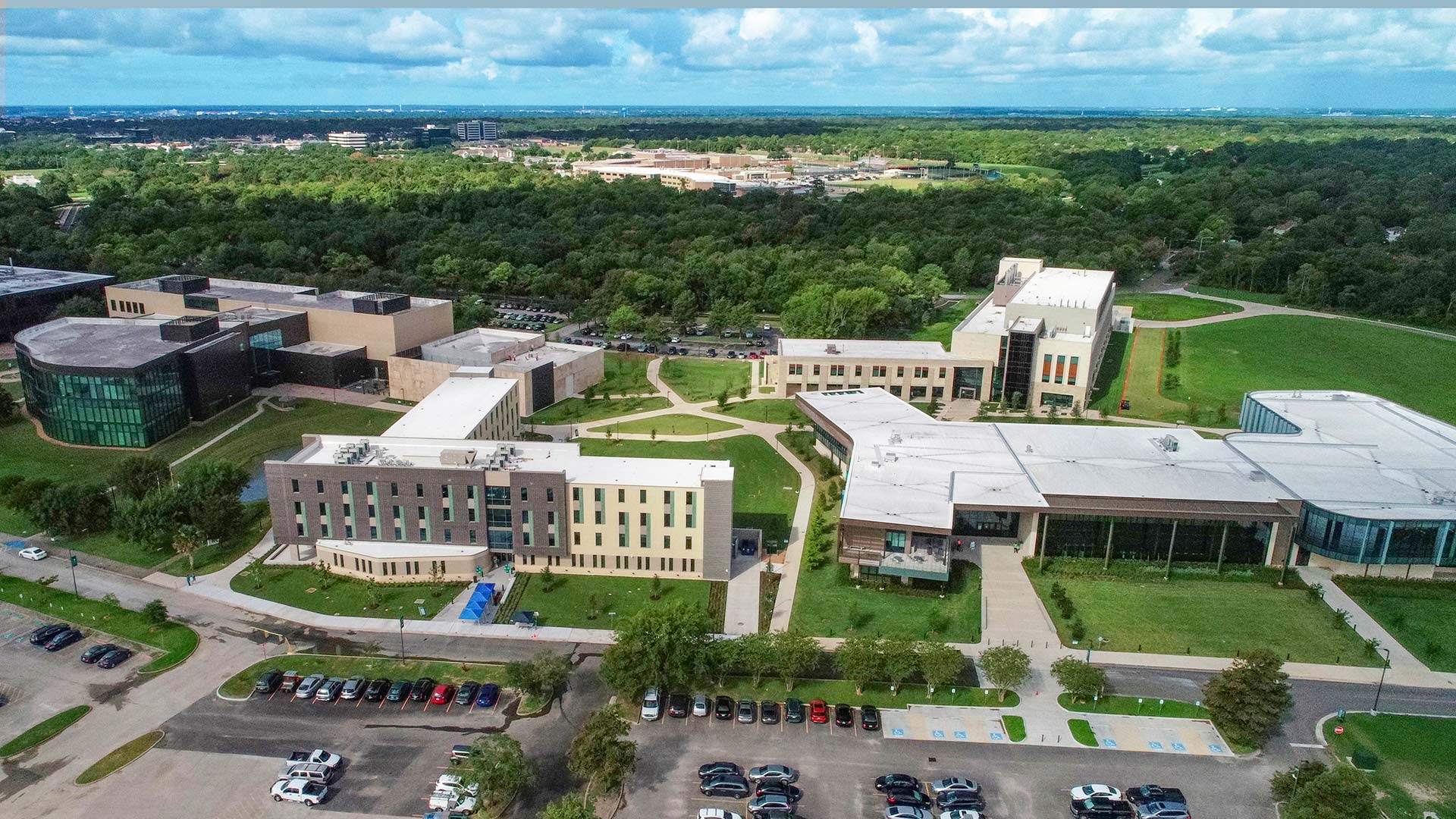- Future Students
- How to Apply
- Visit UHCL
- Admitted Students
- Tuition, Costs and Aid
- Degrees and Programs
- Contact Admissions
- Current Students
- Class Schedule
- Academic Calendar
- Advising
- Events
- Library
- Academic Resources and Support
- Student Services and Resources
- Alumni
- Lifetime Membership
- Alumni Events
- Update Your information
- Awards and Recognitions
- Give to UHCL
Behavior analysis lab studies inclusion, equity to better serve diverse populations
January 27, 2021 | UHCL Staff

With the population of the United States becoming more diverse, the demand has increased for behavior analysts with the skills to serve clients from many cultural backgrounds. At University of Houston-Clear Lake, under the direction of Associate Professor of Behavior Analysis Sarah Lechago, a lab called Behavior Analysts for Diversity, Inclusion and Equity (BADIE) aims to do exactly that.
"The BADIE lab is specifically dedicated to all matters relating to diversity, inclusion, and equity in behavior analysis," Lechago said. "I have graduate students doing a variety of scholarly research and service projects within that lab."
She described one of the projects within the BADIE lab called Proyecto La Frontera (Borderlands Project). This project includes multiple components that serve Laredo, a city located at the Texas-Mexico border, and involves presenting workshops for community members, teacher and behavior specialist trainings within the Laredo Independent School District, and a lecture series for caregivers of children with autism spectrum disorder.
"We would have gone directly to Laredo ISD to conduct the workshops, but COVID prevented us," she said. "We had spoken with families, service providers, teachers and principals on topics related to treating autism. For now, we are providing services remotely. Once it's safe, we will conduct more in-person workshops and presentations."
Additionally, said Lechago, students were endeavoring to forge connections with local clinics and university programs that have provided services to the Laredo community to create an even larger pool of accessible service providers.
"Ideally, we would like to attract more people in Laredo to obtain some form of certification in behavior analysis to enhance service provision within the community," she said.
Amanda King, a third-year graduate student in the Behavior Analysis program is a member of Lechago's BADIE lab. "There's a real need for culturally sensitive behavior-analytic services," she said. "Because I would like to pursue a career in a clinical setting, providing hands-on services for people with autism and other developmental disabilities, I believe being part of the BADIE lab will be extremely helpful."
She said that caregiver training is one of the primary services behavior analysts provide. "We aim to spend a lot of training time with caregivers because they are the predominant person in the life of their learner," she said. "If they receive training to use the strategies we use to teach their learner, the likelihood that they will progress and have a better quality of life increases."
King, who is among the students involved with the Proyecto La Frontera in Laredo this year, will be assisting with providing presentations to families, caregivers, service providers and teachers in the area to disseminate more information about behavior analysis. "We hoped the information we provide will help them with their own learners," she said. "They don't have very many behavior analysts there, and it's a large community that needs help and more support."
This is why, she explained, the training she's receiving to be culturally sensitive is critical to her future practice. "I've learned how important it is to identify values and routines that are important to the family and incorporate those values into the services I'll provide," she said. "If the family has a certain belief system, then I will incorporate that into what I'm teaching them. Doing this will make it more likely that the treatment package will be acceptable and feasible for them to continue, and progress can be seen."
Lechago said the students involved with this lab are committed to its mission. "The BADIE lab does not receive any financial support, and many students, like the ones in the BADIE lab, have massive workloads, but they're taking this work on for free," she said. "This involves a lot of late-night meetings and a great deal of extra work, but we have students who care deeply about cultural competence and humility in their service provision and research practices."
For more information about UHCL's Behavior Analysis program, go online.






